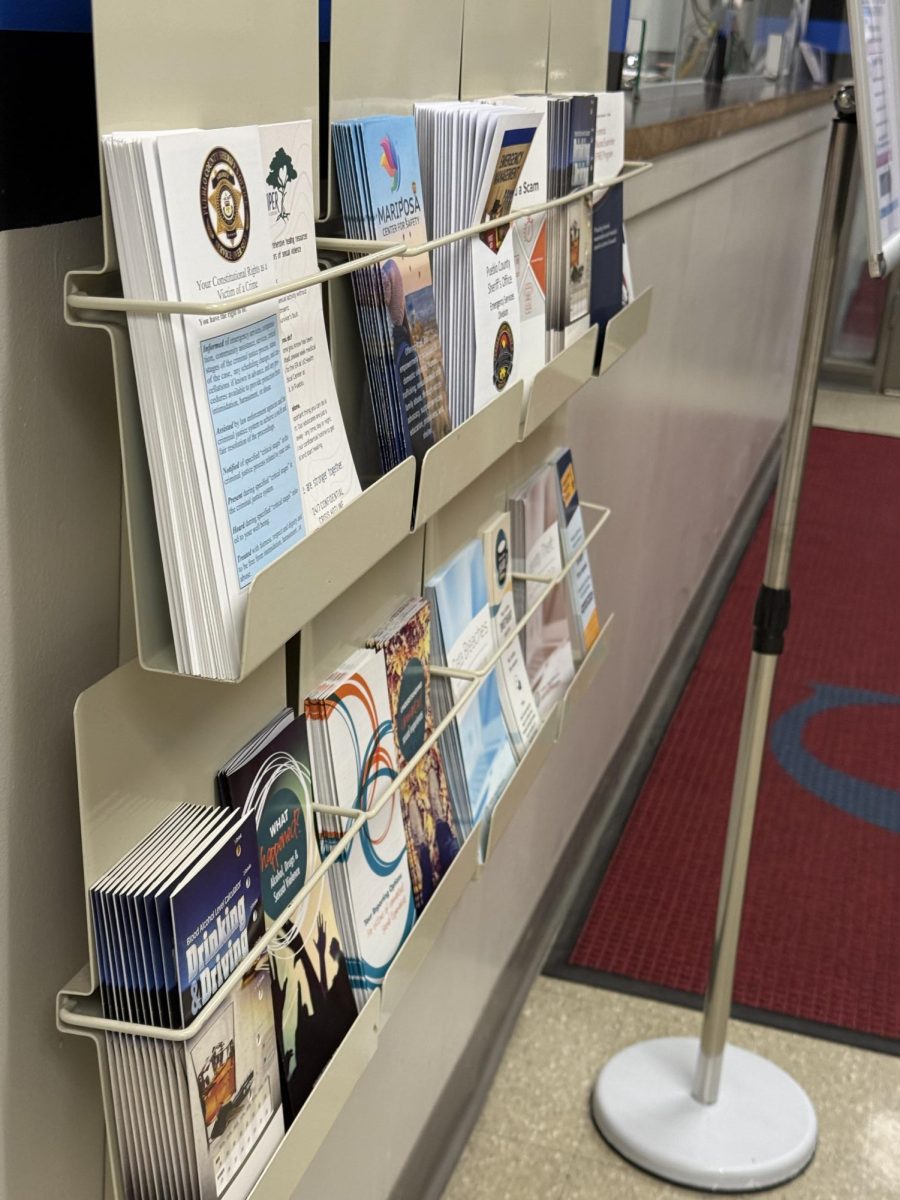
The Department of Music at Colorado State University-Pueblo has revamped its Master of Education degree program.
A new change will allow undergraduate students to pursue a master’s degree while obtaining their teacher’s certification for K-12 education.
“Previously students had to do the music emphasis at the bachelor’s level and then the master’s of education with a music emphasis was for teachers who were already certified,” said department chair David Volk.
Students will now be able to earn an undergraduate music degree in the area of their choice, and then pursue a graduate degree in education with an emphasis in music.
“This a move for us to attract students to CSU-Pueblo who might be interested in music but would like to do something other than music at the undergraduate level as well and not accrue an enormous amount of undergraduate credits in obtaining teacher certification,” Volk said.
Several minors have also been added, including music technology and audio production, composition and theory, jazz studies and organ performance studies.
According to the CSU-Pueblo website, music majors declaring the aforementioned minors, must complete a minimum of 18 hours beyond required courses of the BA-Music, or general emphasis, degree to include required hours in the minor and any electives beyond major and minor degree requirements.
These hours fulfill the College of Humanities and Social Sciences graduation requirements that 18 hours must be taken in a minor or in courses outside the major discipline.
“We were looking at various curricular options that would benefit our students,” Volk said of the initiative to condense and restructure the existing program.
CHASS requires a minor to be declared in most programs, which were often problematic for music students due to the required practice time.
“The additional options gave them the opportunity to earn credits in a minor, keep them in their discipline, as well as alleviate the financial burden students face,” Volk said.
According to CSU-Pueblo’s music degree curriculum, a bachelor’s of arts — with an emphasis in music performance — is appropriate for those students who plan to perform, teach privately, or pursue further study at the graduate level, while a music education emphasis provides the essential training, knowledge, and skills necessary for a teaching career in choral, instrumental, or general music.
“We are excited about partnering with the mass communications department by incorporating a music technology and audio production minor, in our program,” Volk said.
Volk credited music and mass communications faculty across the board for making the changes possible.
Faculty members were able to restructure existing courses in order to boost enrollment while remaining within the program’s existing budget.









